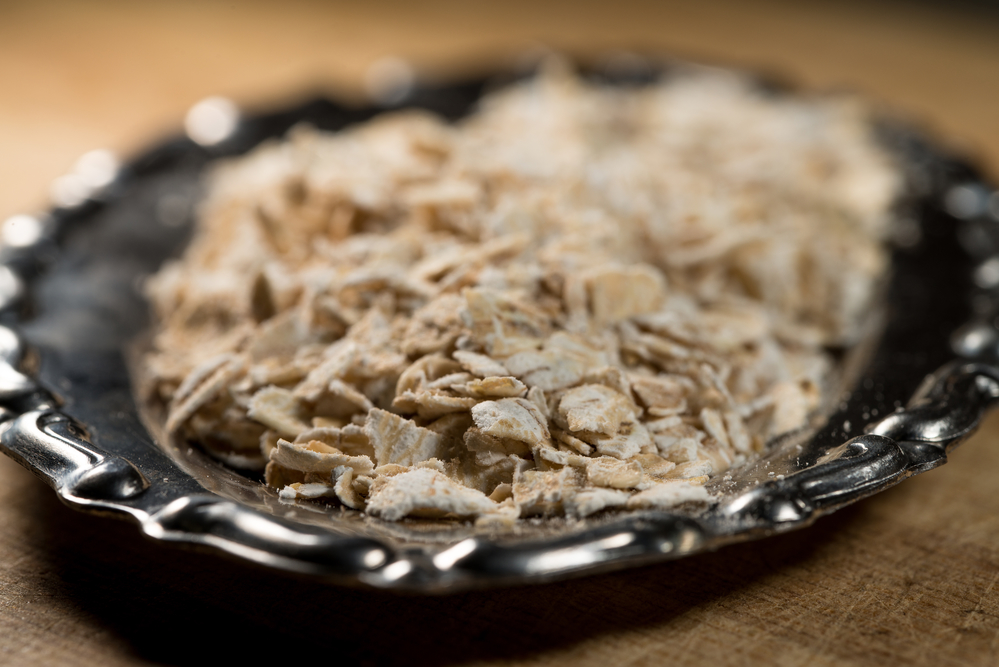
by Dr. Oler, ND | Jul 20, 2017 | Areas of Weight Loss Resistance, Exercise, Health and Wellness, insulin resistance, Natural Weight Loss
We know that getting started with a workout program can be a daunting task. However, you can console yourself that every athlete, no matter how skilled, had to start somewhere; many of them probably started in a similar position to where you are now. (more…)

by Dr. Oler, ND | May 18, 2017 | Amino Acid Therapy, Areas of Weight Loss Resistance, Depression, Digestive Support, Inflammation, Insomnia, insulin resistance, Migraine, Neurotransmitter, Neurotransmitter Imbalances |
Migraines, irritable bowel syndrome, fibormyalgia, obesity and even ADHD can all be traced back to depleted serotonin levels – and the effects on your body can be as damaging as they are diverse. When most people think of serotonin deficiency, the first thing they usually think about is depression. If that someone is you, you’d be right. But there’s a lot more to this neurotransmitter than meets the eye – a lot more. (more…)

by Dr. Oler, ND | Feb 23, 2017 | Blood Sugar, Inflammation, insulin resistance, Natural Weight Loss, Nutrition, toxic burden
It can make you can weight, get diabetes and wreck your teeth too…
Soft drinks and energy drinks are the single largest source of sugar in the American diet. Together, they account for about 16 teaspoons of added sugar per day (that’s bout 67 grams sugar/day). If you haven’t been to sugarstacks.com, check it out; it can be pretty eye-opening. (more…)

by Dr. Oler, ND | Aug 4, 2016 | Areas of Weight Loss Resistance, Digestive Support, insulin resistance, Weight Loss
The average American consumes 12 grams of fiber per day. In 1850 the average consumption was 25‐30 grams, which is the same number that the American Cancer Institute recommends today. (Lipski 58) As the numbers illustrate most we are falling short of reaching optimal levels.
Before addressing how to increase your fiber intake, I want to explain the two different types of fiber and what roles they play in the body. Essentially, dietary fiber is the non‐digestible component of carbohydrates naturally found in plant food and is further broken down in the following two categories:
Soluble Fiber
Soluble Fiber is made up of polysaccharides (carbohydrates that contain three or more molecules of simple carbohydrates), and it dissolves in water. Soluble fiber has the ability to bind with fatty acids and also prolong stomach emptying time so sugar can be released more slowly. This type of fiber helps to regulate blood sugar and also aids in lowering the total and LDL cholesterol counts. Soluble fibers are often viscous (gel‐like consistency). Some examples are: psyllium husks, flax seed, glucomannan, oat bran, dried beans and peas, fruits (apples, pears, citrus fruits, berries, apricots, prunes), and vegetables (carrots, cabbage, Brussels sprouts, sweet potatoes).
Insoluble Fiber
Insoluble Fiber is mainly made up of plant cell walls, and it cannot be dissolved in water. Insoluble fibers move bulk through the intestines and also help to control and balance the pH of the bowel. The bulking action of insoluble fiber aids in alleviating constipation and also helps to sweep toxins out of the body. Insoluble fibers can be found in the following foods: vegetables, such as green beans and dark leafy greens, fruit skins and root vegetable skins, whole wheat products, corn bran, nuts and seeds.
Here are some ways to add more fiber to your diet. (Stick as close to nature as possible):
- Replace white flour products with whole grains.
- Consume at least 5 servings of vegetable and fruits daily.
- Switch from white rice to brown rice.
- Add beans to some of your meals.
- Take supplements, such as psyllium, flax seed or glucomannan.
Fiber even helps a person feel full. It can also aid in weight loss by stimulating the increased production of CCK (the satiety neurotransmitter) and reducing ghrelin (the hunger hormone).

by Dr. Oler, ND | Aug 2, 2016 | insulin resistance, Natural Weight Loss, Nutrition, Underlying Metabolic Imbalances, Weight Loss
Did you know, one teaspoon of sugar has the ability to suppress immune function for 5 hours? There are 10‐12 teaspoons of sugar in the average cola.
The fact that most people’s diets are extremely deficient in many nutrients due to the consumption of refined, fatty foods and the exclusion of fruits, vegetables and whole grains means that this information is mind blowing to most people. (more…)






